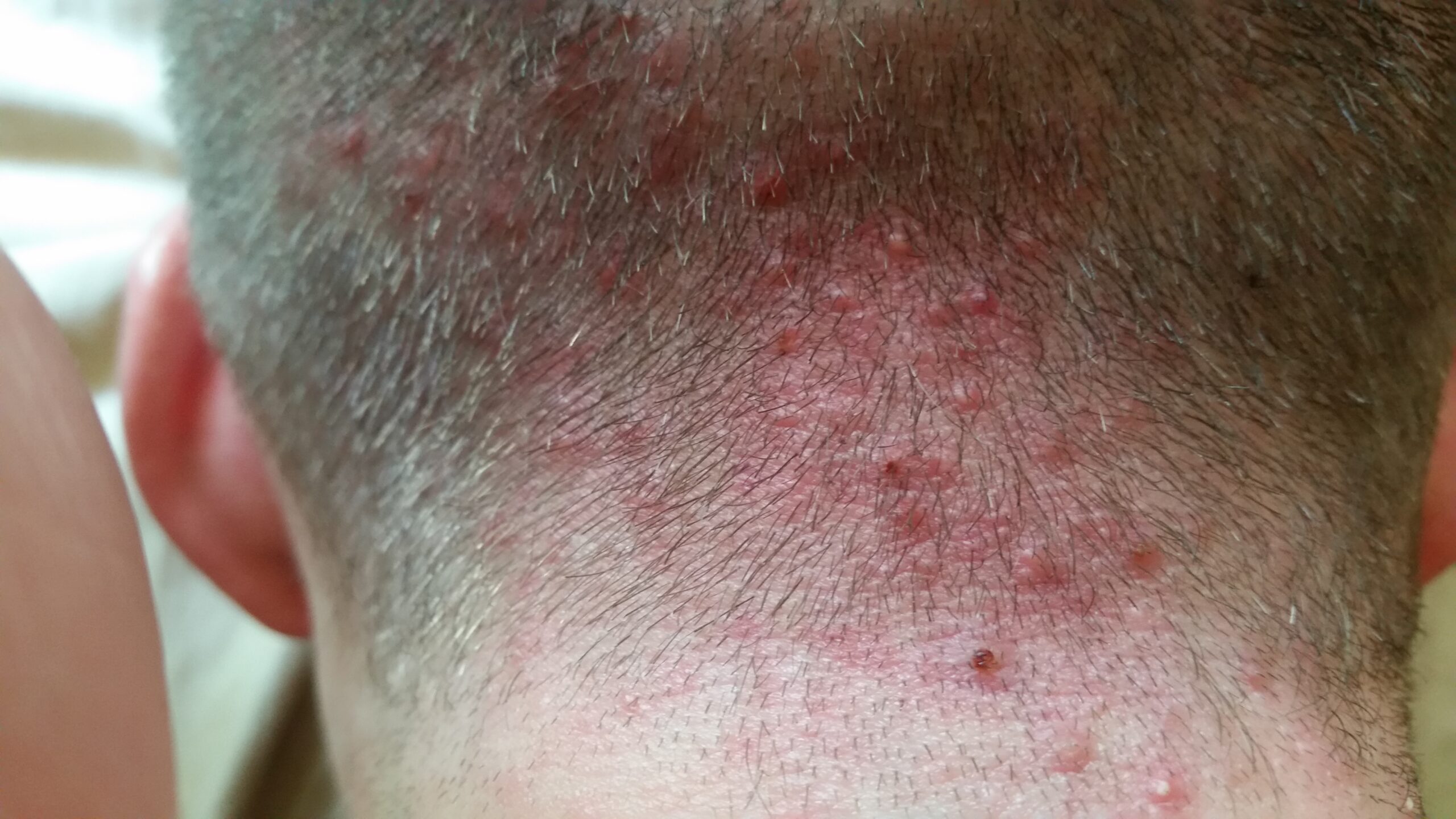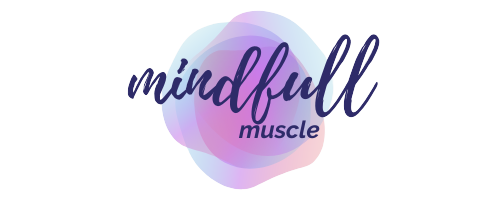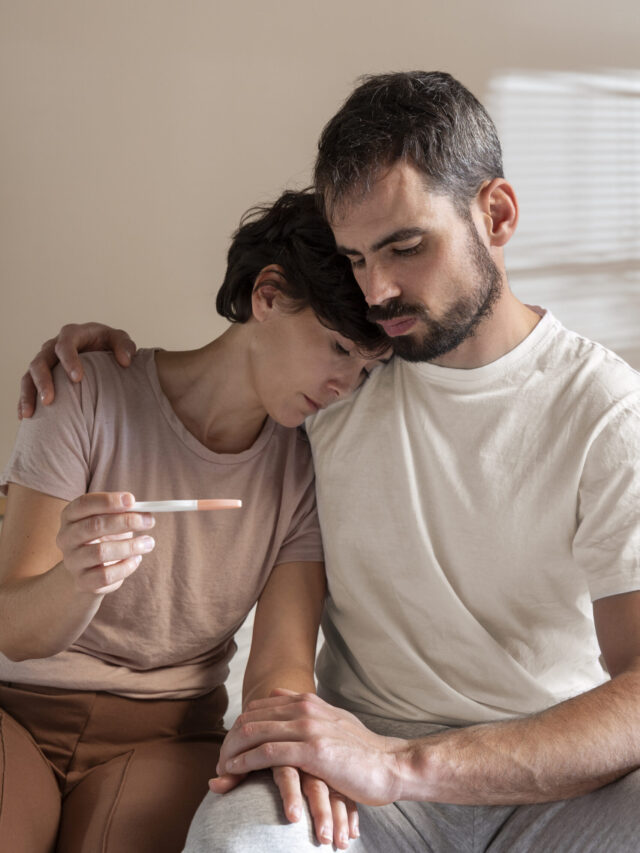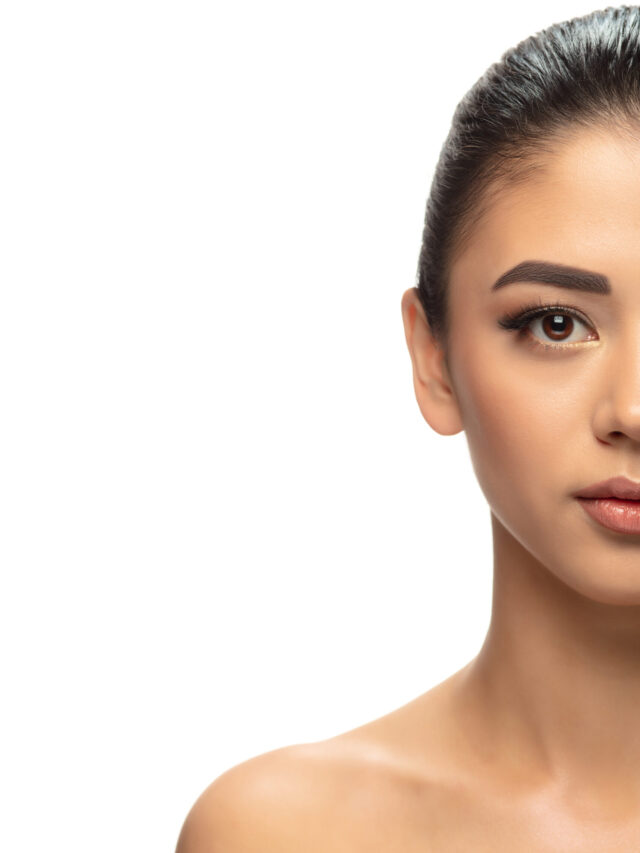Scalp Pimples and Acne: Bid Farewell to Them for Beautiful, Clear Skin 2023 August

Scalp pimples and acne, Pimples on your scalp are small eruptions of whiteheads or pustules on the skin of your head where your hair grows. Scalp acne is a condition that causes these pimples. They can be itchy and painful. Treatment may involve changing your hair care routine or the products you use, or taking medication to help get rid of the acne.
Scalp pimples and acne, What are these bumps on my head?
Pimples on your head, or scalp pimples, occur when bumps or raised areas develop on your scalp or hairline. These are the result of clogged hair follicles or hair follicles becoming inflamed. Scalp pimples can be different in color from your regular skin tone, filled with fluid, or swollen. Sometimes, you can have pimples without them being inflamed. Acne is a condition where pimples are a symptom.
How common are scalp pimples?
While pimples are common on your face, chest, and back, they’re not as common on your scalp. Scalp Pimples and acne affect around 80% of people aged 11 to 30 years old. Scalp pimples are not limited to a specific age group and are more common in adults.
Who is at risk of developing scalp pimples?
You may be at a higher risk of developing scalp pimples if:
- You frequently wear hats, helmets, or headgear.
- You use hair care products that are oil-based.
- You work all day with greasy products, such as around kitchen fryers.
Symptoms and Causes
What are the symptoms of scalp pimples?
- Symptoms of scalp pimples include:
- Bumps on your scalp or hairline.
- Raised bumps filled with whiteheads.
- Swollen or painful bumps (pustules).
- Deep cysts filled with thick pus within your skin (cystic acne).
- Itching, pain, or discomfort.
- Pimples appearing in small groups or clusters
The severity of scalp pimples can vary from mild to moderate or severe. Severe cases might even lead to hair loss or scarring around the affected areas.
What causes pimples on my scalp?
Blocked hair follicles on your scalp contribute to scalp pimples. Hair follicles are the tiny openings on your scalp from which your hair grows. These follicles can become clogged due to various reasons, including:
- Accumulation of hair products with oils that may leave residues or are sticky.
- Bacteria, yeast, or fungi.
- Sweat, oil, or dead skin cells.
- Excess or insufficient sebum (an oily substance that protects your skin).
- Hormonal fluctuations.
- Friction from caps, helmets, or headbands.
- stress.
- Genetic factors.
- Reactions to certain medications.
Are scalp pimples a sign of another condition?
Pimples or scalp acne could be a symptom of underlying conditions, including:
- Folliculitis.
- Scalp folliculitis.
- Seborrheic dermatitis.
- Skin cell carcinoma.
Your healthcare provider will diagnose your scalp pimples after a physical examination. They may ask about your medical history and risk factors, such as a family history of pimples, your stress levels, and your menstrual cycle. They may also inquire about the skincare products you use.
If sudden or severe scalp pimples occur, your healthcare provider may recommend additional blood tests to identify potential underlying causes.
Management and Treatment
How can I get rid of pimples on my scalp?
The treatment of scalp pimples and acne depends on the underlying cause of your blocked hair follicles.
If your symptoms are mild, you can try the following at home:
- Avoid using hair products that contain oils or leave residues in your hair.
- Wash your hair more frequently, especially after sweating.
- Avoid wearing tight-fitting headbands or caps. Option for well-ventilated helmets that fit properly.
For persistent, moderate, or severe scalp pimples and acne, your treatment options may include:
- Temporary or oral antibiotics to clear bacteria from your hair follicles.
- Topical steroids for treating folliculitis.
- Oral isotretinoin for long-term management of severe scalp acne.
- Oral antihistamines to relieve itching.
In scalp pimples and acne You can apply topical medications to your skin similar to how you apply lotions. Your healthcare provider may prescribe oral medications, so discuss potential side effects with them before starting any treatment. Additionally, inform your provider about any supplements or medications you are currently taking to avoid potential interactions.
How should I use shampoo for scalp pimples?
Types of hair care products, soaps, or shampoos that can help you get rid of scalp pimples and acne include:
- Antibacterial soaps.
- Anti-dandruff shampoos like selenium sulfide.
- Antifungal shampoos like ketoconazole or ciclopirox.
- Benzoyl peroxide.
- Oil-free products.
- Neem extract.
Can I pop the pimples on my scalp?
You shouldn’t pop the scalp pimples and acne . Popping pimples on your body may seem tempting, but squeezing pimples can lead to worse symptoms like more pimples, scarring, or infections. Instead, use good hygiene and oil-free shampoo along with the treatments recommended by your healthcare provider for scalp pimples and acne treatment
How soon can I expect to feel better after treatment?
Once you and your healthcare provider determine what’s causing the pimples on your scalp and you start treatment, it may take up to six weeks for all your pimples to clear. You may notice improvements in your scalp, such as reduced itchiness and fewer new pimples, a few days after starting treatment or discontinuing hair care products that exacerbate pimples. If your scalp doesn’t improve after six weeks, contact your healthcare provider.
Prevention
How can I prevent pimples on my scalp?
You can reduce the risk of developing pimples on your scalp by:
- Washing your hair daily or when it becomes oily, especially after exercise or sweating.
- Using products on your hair that are oil-free, non-comedogenic, and non-pimple-forming.
- Regularly cleaning headwear like hats or pillowcases that can accumulate residues from hair products.
- Managing your stress.
- Eating a healthy, balanced diet.
What can I expect if I have pimples on my scalp?
Pimples on your scalp can be a challenge for your daily skincare routine. It involves a lot of trial and error to determine the cause of the pimples on your scalp and how your skin reacts to the products you are using, whether they are closing your pores or if there is any underlying cause of your symptoms. If you have mild pimples, keeping a daily skincare log to track which products you are using and how your skin reacts to them can be helpful, then avoid the products that trigger pimples on your skin. Your healthcare provider will help manage your scalp pimples, so you can feel more confident and comfortable.




One Reply to “Scalp Pimples and Acne: Bid Farewell to Them for Beautiful, Clear Skin 2023 August”